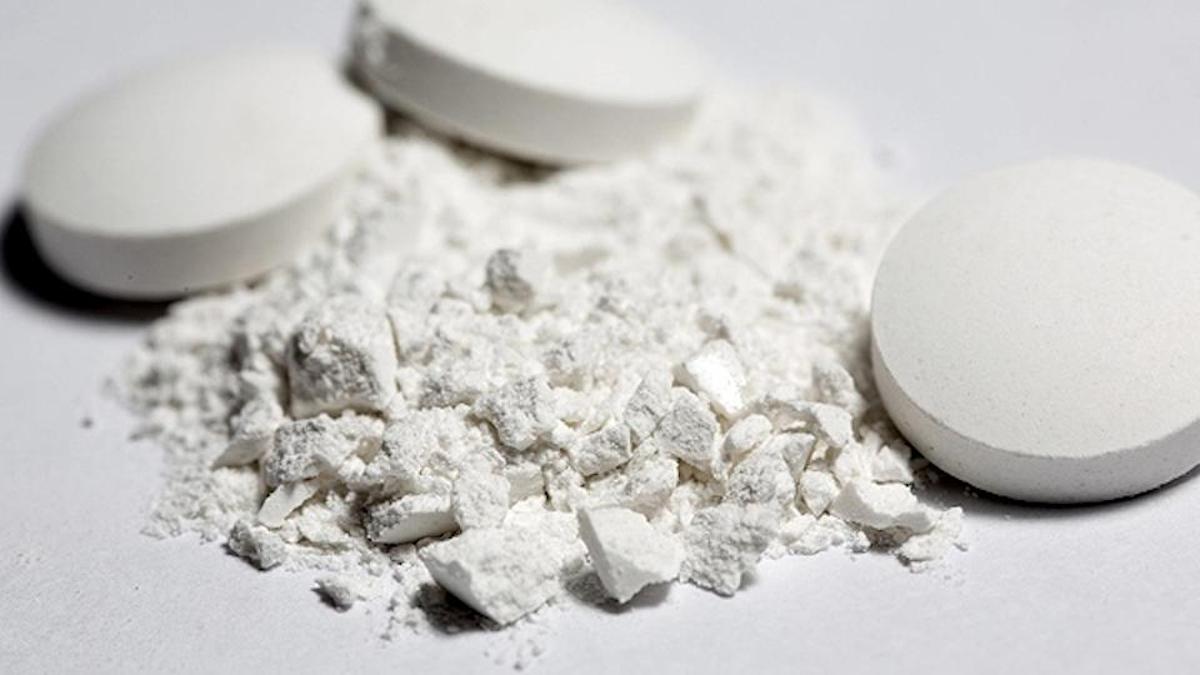Vertex, Orum partner on safer pre-treatment for gene meds

Vertex Pharma has teamed up with Orum Therapeutics to develop a conditioning regimen, used to prepare patients to receive gene-editing medicines, that it hopes will offer a more tolerable alternative to current chemotherapy options.
Vertex is paying $15 million upfront to get the ball rolling on the collaboration, which could be worth up to $945 million if it exercises options to use the technology for three developmental programmes, all of which hit various milestones.
The deal focuses on the development of degrader-antibody conjugates (DACs), a fairly new therapeutic category that combines the properties of antibody-drug conjugates (ADCs) and protein degrader technologies, although the targets and mechanisms that are involved in the alliance remain under wraps.
Intensive chemo is used before treatment with gene-editing medicines, including Vertex's CRISPR Therapeutics-partnered Casgevy (exagamglogene autotemcel), which became the first based on the CRISPR/Cas9 gene-editing technology to be approved towards the end of last year. The $2.2 million, one-shot regimen is used to treat sickle cell disease (SCD) and transfusion-dependent beta thalassaemia (TDT).
A few days before Casgevy is infused, patients undergo myeloablative chemo to wipe out their bone marrow, removing unhealthy blood stem cells and making room for the new, edited versions. The chemo has to be very aggressive, so it can be hard to tolerate, is often unsuitable for frail patients, and carries other risks like infertility.
A gentler conditioning regimen could make Casgevy and other gene-editing therapies more accessible for patients, along with potentially other interventions that rely on myeloablative chemo, including some cell and gene therapies.
It's worth mentioning that the Orum deal comes as Vertex has sued the US Government for failing to cover a fertility support programme for Casgevy, for example freezing and storing eggs. Vertex will cover the cost for patients with private health insurance but is unable to do so for patients in government programmes due to anti-kickback laws.
South Korea-based Orum is focusing its in-house development efforts on degraders generated using its Dual-Precision Targeted Protein Degradation (TPD²) platform in oncology. Last November, it licensed a first-in-class, anti-CD33 antibody-enabled GSPT1 degrader to Bristol-Myers Squibb for $100 million upfront.
Called ORM-6151, the drug has FDA clearance for clinical testing as a treatment for patients with acute myeloid leukaemia (AML) or high-risk myelodysplastic syndromes (MDS). Orum's in-house meanwhile efforts are now focused on ORM-5029, a HER2-targeting DAC that is in early-stage testing as a breast cancer therapy.
"Vertex is a leader in discovering and developing innovative medicines, including being the first to receive FDA approval of a CRISPR/Cas9 gene-edited therapy, and we are pleased they've selected Orum's TPD² technology to discover novel targeted conditioning agents," commented Sung Joo Lee, chief executive and founder of Orum.
Photo by Olga Kononenko on Unsplash













